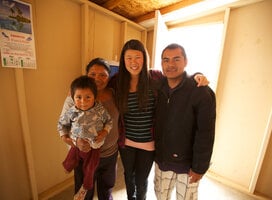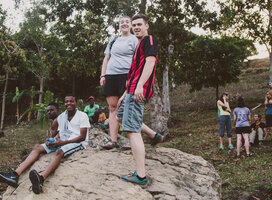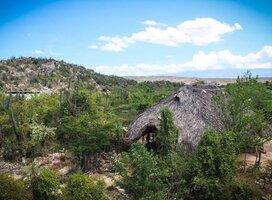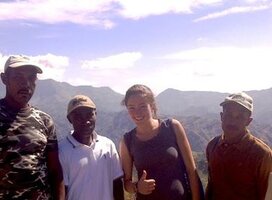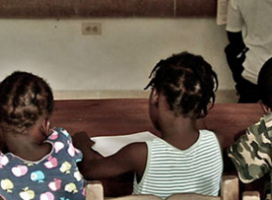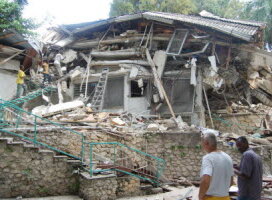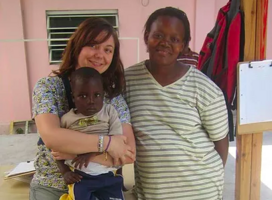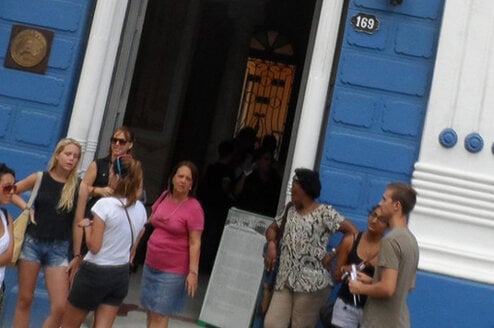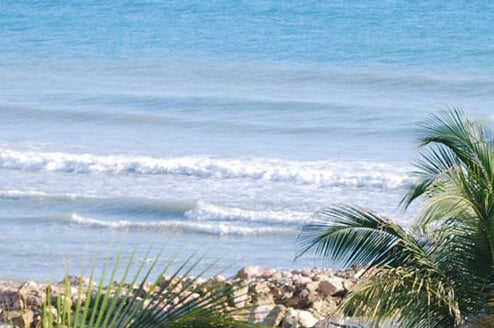Gap Year Programs in Haiti
Haiti is home to spectacular beaches, bright green mountains, and lively towns. It has a captivating blend of cultures and a unique history. The independent country of Haiti was founded in 1804 as a result of the only successful slave revolt in world history. Both free and enslaved Haitians defeated the British, French, and Spanish to end slavery and the slave trade in Haiti. It's truly unique amongst its Caribbean neighbors, and the Haitian people have maintained a proud, positive identity.
Unfortunately, this beautiful country has experienced violent political unrest in recent years. In March 2024, the Haitian government declared a State of Emergency that is still in place. Currently, travel to Haiti is not recommended by the US Department of State.
Given the amount of poverty and destruction that remains throughout the country, the most common way to spend a gap year in Haiti is as a volunteer. If volunteering isn’t your only objective, you can combine charitable work with some incredible travel opportunities throughout the country.
Adventure travel
Haiti has stunning beaches that rival any Caribbean island paradise: head to the coast around Jacmel for powder-soft sand, delicious seaside grub, and great surfing and snorkeling. For nature lovers, Parc National La Visite offers incredible hiking, filled with views of green mountains and clear blue sea.
Haiti is also home to several fascinating festivals, which are wonderful opportunities to observe and absorb Haitian culture at its liveliest. The annual Fet Gede held in November is a riotous voodoo celebration of the dead unlike any other in the world, while the carnival festivities in Port-au-Prince and Jacmel are some of the largest and most extravagant in the Caribbean.
Volunteer
Those doing a gap year in Haiti will most likely be volunteering for at least a portion of their time. Volunteering in Haiti can take many forms, from building houses and infrastructure to distributing food and medicine, working in an orphanage, or teaching. There is more demand for skilled workers, whether it be manual or administrative, but volunteers with little to no experience can still be useful for things like clean-up projects.
Visas
Travel to Haiti does not require a visa for visits under 90 days, although few exceptions apply for nationals of certain countries. A fee is applicable upon arrival.
If you plan on spending the whole year there, you will need to get a visa from your nearest Haitian embassy, which can take several months. You will also need to be sponsored by an employer (one of the many reasons why travel with an organization is recommended) or local resident.
Cost of Living in Haiti
Living in Haiti is not particularly expensive for foreign visitors. If you are visiting with a volunteer organization, your accommodation will most likely be included in the program's price, meaning prices and quality will vary.
Food is cheap and delicious, with affordable options from street food stalls and local markets to buy your ingredients. However, food may be included in your volunteering program so be sure to check the inclusions.
Housing in Haiti
If you are visiting with a volunteer organization, your accommodation will probably be arranged for you. If this is not the case, they should be able to help you find long-term accommodation. If you are traveling independently, sites like Airbnb are your best bet initially, although you may be able to rent something directly from a local by checking listings.
